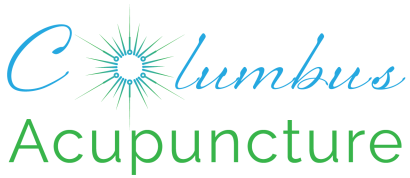
2520 California St, Ste G
Columbus, IN 47201(812) 374-4518
- Monday9am-4pmTuesday9am-5pmWednesdayclosedThursday9am-5pmFriday9am-5pmSatclosedSunclosed
-
Latest Articles:
- • Add These 10 Immune-Boosting Foods to Your Fall Diet •
- • Keep Your Skin Healthy and Glowing with these Fall Skincare Tips •
- • Beat End of Year Burnout with these Fall Self-Care Rituals •
- Sign up to receive news and updates and get my free report:“The Top 10 Reasons to Try Acupuncture”

Uncategorized
Traditional Chinese Medicine and Staying Focused
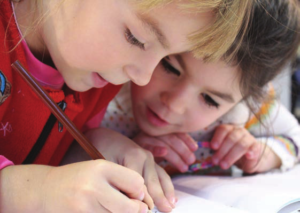 A recent study published by the Journal of Neural Regeneration Research found acupuncture treatments can lead to improved cognitive function. Functional brain MRIs showed an increase in the communication areas of the brain associated with higher level cognitive function and memory. When cognitive function is improved, so too is one’s ability to stay focused and on task. This study also concluded acupuncture treatments can increase neural plasticity, which decreases naturally as we age. All of this demonstrates acupuncture can indeed improve overall brain function, allowing people to live more fulfilling lives.
A recent study published by the Journal of Neural Regeneration Research found acupuncture treatments can lead to improved cognitive function. Functional brain MRIs showed an increase in the communication areas of the brain associated with higher level cognitive function and memory. When cognitive function is improved, so too is one’s ability to stay focused and on task. This study also concluded acupuncture treatments can increase neural plasticity, which decreases naturally as we age. All of this demonstrates acupuncture can indeed improve overall brain function, allowing people to live more fulfilling lives.
Staying focused can be challenging in the world we live in. We are constantly bombarded with sights, sounds, smells, interruptions and more. It can be really frustrating. A recent study by Microsoft found the average human has an attention span of only eight seconds! By comparison, a goldfish has a nine second attention span. We, as a species, can’t even remain focused as long as a goldfish. This speaks volumes about the state of the world.
Part of the problem is our bodies were designed to move and we have become too sedentary. Our nervous system doesn’t know how to respond to this. And it also affects our muscles, tendons and circulatory systems. The more time we spend on our phones, tablets, etc., the more stagnant everything becomes. Our muscles shorten, tighten and atrophy, our circulation becomes sluggish and our brains foggy. For everything to function properly, you have to get up and move. But there are other ways to increase focus and concentration.
Traditional Chinese Medicine (TCM) can be very helpful when it comes to improving focus and concentration. There are specific acupuncture points, as well as individual herbs and herbal formulas that can be utilized.
One of the most commonly used acupuncture points for improving focus is called Du 20 or Governing Vessel 20. This point is located on the top of the head, midway between the apexes of both ears. Du 20 has been noted to improve mental clarity and awareness, while also enhancing memory.
Yin Tang is another favorite point of licensed acupuncturists. Yin Tang is located between the inner ends of both eyebrows. Yin Tang improves concentration and memory, while also clearing the mind and lifting the spirits.
There are a couple of individual herbs used in TCM that can be very helpful for improving focus. The first is known as Dan Shen or Salvia. TCM uses this herb to increase blood flow and a study done in 2003 showed focus and memory were improved on subjects who used this herb.
An herbal formula known as Bu Nao Wan is frequently prescribed for people who have memory problems related to weakness in the kidney system of TCM. Several of the herbs in this formula have been used for centuries to calm the mind and improve focus.
If you or somebody you know suffers from attention deficit issues, acupuncture might be exactly what they need to get back on track. Ask me to find out how acupuncture can help!
CITATION: https://www.ncbi.nlm.nih.gov/pmc/articles/PMC5361509/
How to Manage Stress At Work
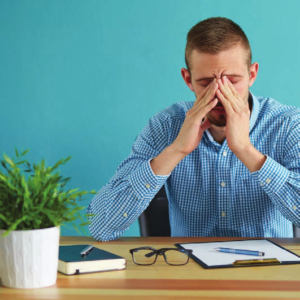 Today the average worker experiences stress levels higher than in previous decades. There are many causes to the increase in stress but there are also many ways to effectively combat these stressors and experience a life with less stress and more happiness. One of the main reasons people feel so stressed out is that with the invention of the Internet, email and, most notably, the smartphone, it often feels like you are attached to work, you can never fully disconnect and be released from your work duties. The pressure to always be connected is hard to let go of, especially when your smartphone is in your hand. One way to combat this is to set guidelines for yourself on when you will and will not answer an email or message. Turn the phone off when you are home and off of work, if that is not possible, schedule when you will check your messages so it can be planned and contained instead of all consuming. When you are not at work, make sure you can keep those boundaries firm and not be drawn to work 24/7.
Today the average worker experiences stress levels higher than in previous decades. There are many causes to the increase in stress but there are also many ways to effectively combat these stressors and experience a life with less stress and more happiness. One of the main reasons people feel so stressed out is that with the invention of the Internet, email and, most notably, the smartphone, it often feels like you are attached to work, you can never fully disconnect and be released from your work duties. The pressure to always be connected is hard to let go of, especially when your smartphone is in your hand. One way to combat this is to set guidelines for yourself on when you will and will not answer an email or message. Turn the phone off when you are home and off of work, if that is not possible, schedule when you will check your messages so it can be planned and contained instead of all consuming. When you are not at work, make sure you can keep those boundaries firm and not be drawn to work 24/7.
While in the office there are many ways you can destress yourself. The easiest one is to take deep breaths. If you are in a tense moment, stop what you are doing, close your eyes and take a deep breath and then another and another until you feel your body calm down. Take a minute to center yourself. Once you are more grounded, you can act instead of react and handle the situation more calmly. Breathing is so important and it is free, easy and you can do it anywhere you are.
When on lunch or a break try to get outside and take a walk. The fresh air and nature are beneficial in many ways. The sun will help your body produce vitamin D which is essential for good moods and emotional wellbeing. Being outside in nature has a calming effects, as well as just the physical exertion of taking a walk.
If you like tea, drinking a warm cup of tea can be relaxing, especially an herbal tea with chamomile or mint. Eating well can also be key in having a life with less stress. Nourish your body inside and out. If you are feeding it well, it will treat you well. Sugar and highly-processed foods can cause spikes and big drops in blood sugar which can acutely affect your mood and exacerbate any stress you may be feeling. Eating foods whole and lower on the glycemic index can help stabilize your blood sugar and prevent the shifts that can cause mood swings.
Lastly, find a support system, whether it is inside or outside of the company you are in, to help you when you need it. People who you can use as a sounding board with your concerns and can help you strategically work to find solutions in the workplace to have a happier and more productive office environment. Having people around you who help build you up and help you achieve your goals are the people you want around you. Distance from those who will try to bring you down or cause unnecessary stress.
Acupuncture and Cold Prevention
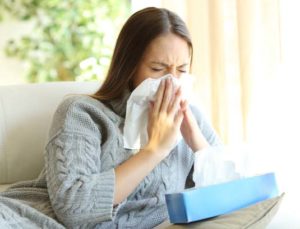 A study published by the Journal of Traditional Chinese Medicine concludes acupuncture treatments can indeed help treat the common cold. The study followed 187 participants based on the onset of when the cold occurred. The participants were divided into two groups. The first group reported an onset time of cold symptoms within 36 hours and the second group reported an onset of symptoms greater than 36 hours. Both groups showed significant decreases in symptoms, as well as cold duration. This study demonstrates how receiving acupuncture treatments can shorten the length of time a person deals with the common cold and its symptoms.
A study published by the Journal of Traditional Chinese Medicine concludes acupuncture treatments can indeed help treat the common cold. The study followed 187 participants based on the onset of when the cold occurred. The participants were divided into two groups. The first group reported an onset time of cold symptoms within 36 hours and the second group reported an onset of symptoms greater than 36 hours. Both groups showed significant decreases in symptoms, as well as cold duration. This study demonstrates how receiving acupuncture treatments can shorten the length of time a person deals with the common cold and its symptoms.
Everybody has suffered from the common cold at some point along this journey called life. The common cold is an acute viral infection that affects the throat and nasal passages. Symptoms of a cold may include headaches, fatigue, a sore throat, nasal congestion, sneezing, a runny nose and coughing. With the normal progression of a cold, the throat symptoms, such as coughing, tend to be worse around the fifth day, while the nasal symptoms are nearing the end of their duration. Overall, the symptoms of the common cold tend to last about seven to 10 days. The typical treatment for a cold is to make sure you are getting plenty of sleep, taking in enough fluids and using steam to break up the mucus in the nasal passages. Because the common cold is caused by a viral infection, the virus must be allowed to run its course, while the symptoms are merely managed.
Traditional Chinese Medicine (TCM) takes a different approach though. It utilizes modalities like acupuncture, cupping and herbal formulas that can dramatically decrease the severity of symptoms and time that somebody suffers from a cold.
The practice of acupuncture is supposed to be used as preventive medicine. Not to say acupuncture can’t be used to treat already existing ailments, because it can, and it works very well in this capacity, but isn’t it better to avoid getting sick than to wait until the ailment is already affecting you? This is where acupuncture can help. Regular acupuncture treatments can increase your immunity, which will help fight off any disease, including the common cold. Acupuncture also helps decrease stress which can be a key factor in any disease. Studies indicate when the body is relaxed and not stressed, the immune system functions more efficiently.
Cupping, another technique utilized in TCM, helps boost the immune system. Cupping creates negative pressure that suctions the skin into the cup. This action causes the cells in the body to develop a greater number of receptors on the surface that can better respond to an enzyme known as heme oxygenase 1. This enzyme acts as an antioxidant that protects your body against harmful elements like the common cold virus.
TCM also uses herbs to prevent and treat many ailments, including the common cold. For instance, herbs like licorice root, also known as Gan Cao in TCM, can be used to treat a cough. It also has the ability to boost the immune system and help get rid of mucus in the respiratory tract. Cinnamon, or Gui Zhi, is another commonly used herb that helps ward off the common cold.
With all this evidence, it makes perfect sense to start using Traditional Chinese Medicine as a method of preventing the common cold.
Acupuncture Points Parents Can Use to Help Kids
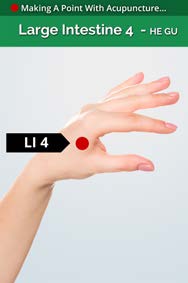

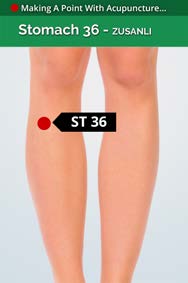

Here are some acupressure points that can be used at home to help your kids with all kinds of problems.
Large Intestine 4 (LI 4) Found along the large intestine energetic pathway, located between the webbing of the index finger and the thumb, on the mound of flesh created when the two fingers are held together. This point improves intestinal function and helps relieve constipation, diarrhea and abdominal pain.
Stomach 25 (ST 25) Located two thumb-breadths away from the belly button on both the left and right sides. Stomach 25 is very useful for relieving diarrhea, constipation and other digestive/abdominal issues. This is another great pressure point to help your kids deal with that upset stomach.
Stomach 36 (ST36) Located on the lateral side of the lower leg, about four finger-breadths from the lower border of the patella or kneecap. This point is considered an overall energy and immune-boosting point. It can help with digestive issues, such as diarrhea, which are sometimes associated with a cold or flu.
Yin Tang Located directly between the inner ends of the eyebrows. This point is wonderful for relieving sinus pressure, curing watery eyes and decreasing stress, which may allow for better sleep. Many acupuncturists use the point in all their patients because of its calming effect. So if you have a little one that can’t sleep, massaging this point can be very helpful.
Du 20 (D20) Located on the top of the head, midway between the apexes of your ears. This point is known as governing vessel 20 (GV 20). It is one of the most powerful points in the acupuncturists’ arsenal. It raises emotional energy, which in turn can help alleviate depression. Applying pressure or lightly tapping this point is a great way to counter depression on your own and it can be done pretty much anywhere. Depression is becoming more prevalent with children because of the lack of personal interaction and bullying.
Parents can massage these points or apply light pressure and help their kids in so many ways. Give these points a try the next time your kids are experiencing illness or emotional issues. Not only is it a great way to help them heal, but it also increases bonding with your kids, which is something every child needs.
Acupuncture Helping Children
 A study conducted in an integrative medical center in the Midwest and published in the December issue of Alternative and Complementary Therapies, showed acupuncture can be a safe and effective alternative to treating pain in pediatric patients. Chronic pain is very prevalent in children and it can cause lifelong trauma if not dealt with. This study followed 55 participants throughout eight acupuncture treatments. The study surveyed the participants regarding pain, nausea and quality of life both before and after the acupuncture treatments. The results showed both the parents and the participants indicated decreased pain and nausea, as well as increased quality of life after the treatments had concluded. While more studies need to be done, this is a good indication acupuncture can be used to treat pediatrics with successful outcomes.
A study conducted in an integrative medical center in the Midwest and published in the December issue of Alternative and Complementary Therapies, showed acupuncture can be a safe and effective alternative to treating pain in pediatric patients. Chronic pain is very prevalent in children and it can cause lifelong trauma if not dealt with. This study followed 55 participants throughout eight acupuncture treatments. The study surveyed the participants regarding pain, nausea and quality of life both before and after the acupuncture treatments. The results showed both the parents and the participants indicated decreased pain and nausea, as well as increased quality of life after the treatments had concluded. While more studies need to be done, this is a good indication acupuncture can be used to treat pediatrics with successful outcomes.
Most kids, as well as a lot of adults, are afraid of needles. So the pairing of acupuncture and kids might not be an obvious one. However, more and more parents are seeking alternative methods of treatment for their children. This is because our conventional medical system is faltering a bit. Pharmaceuticals are proving to be more harmful than beneficial for many individuals, especially children. And with their bodies and brains still being developed, who can really blame a parent for wanting to find an alternative to drugs with adverse side effects?
Acupuncture is part of an ancient medical system known as Traditional Chinese Medicine (TCM). It is commonly used to treat a multitude of ailments in adults and gaining popularity among pediatrics. There are licensed acupuncturists who specialize in treating children and they are in high demand. These pediatric acupuncturists are helping children where others can’t and for many, it is lifesaving.
Parents are turning to acupuncture because it provides a safe resolution of illness, while also preventing future illnesses. This happens because acupuncture and acupressure stimulate the body’s ability to restore and heal itself. Our bodies are fully capable of fighting off disease and healing injuries when the right tools are provided. Acupuncture not only stimulates the immune system, but also relaxes the nervous system and regulates the digestive and hormonal systems. All of these systems need to be in balance for the body to heal.
Many times parents are told by doctors that what their child is experiencing is just “a phase” and he/she “will grow out of it.” In many ways, this ignores the real issues at hand. Conventional medicine doesn’t work holistically and parents are usually sent to a dozen different specialists who don’t coordinate to find the best treatment for the child. This becomes frustrating and financially taxing for the parent, not to mention how the child feels. This is where acupuncture excels. A single acupuncture treatment can address pain, anxiety, insomnia and digestive issues all at the same time.
Not only is acupuncture more cost effective when it comes to treating children, but it also is a more logical approach. Why add in the stress of seeing multiple doctors when you can have everything addressed by just one? If your child is suffering from pain, asthma, ADHD or any other type of ailment, acupuncture might hold the answer.
